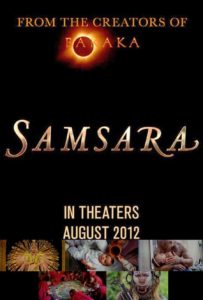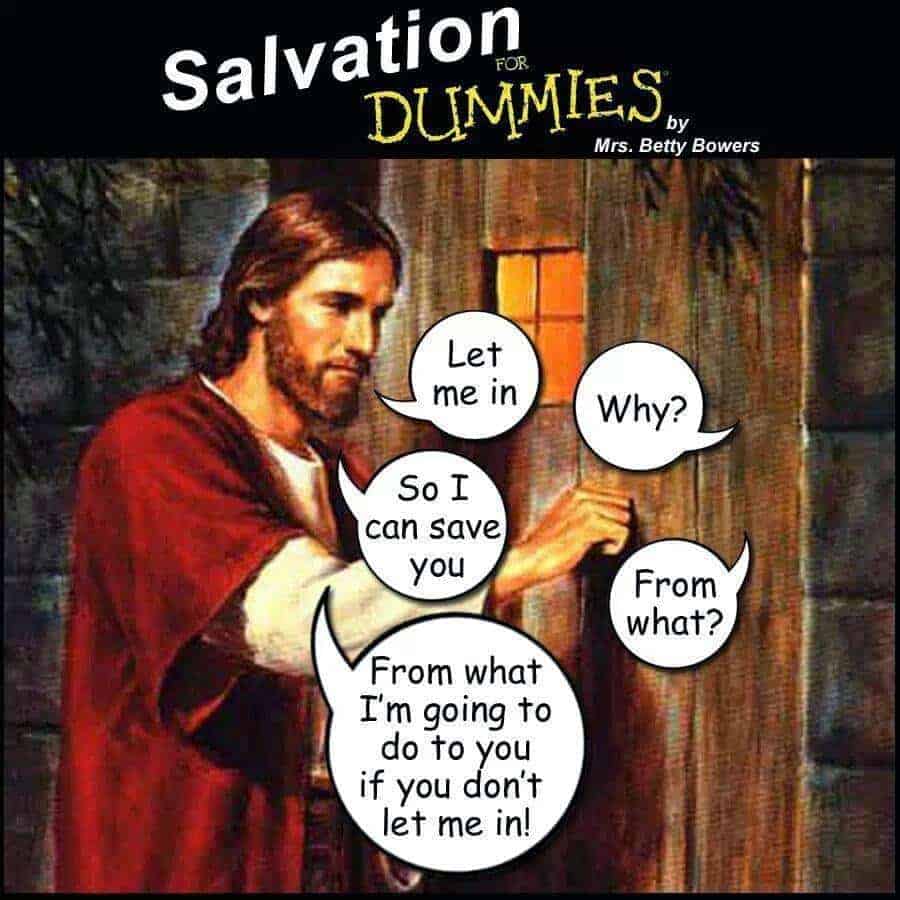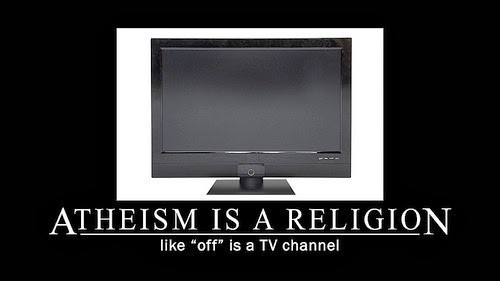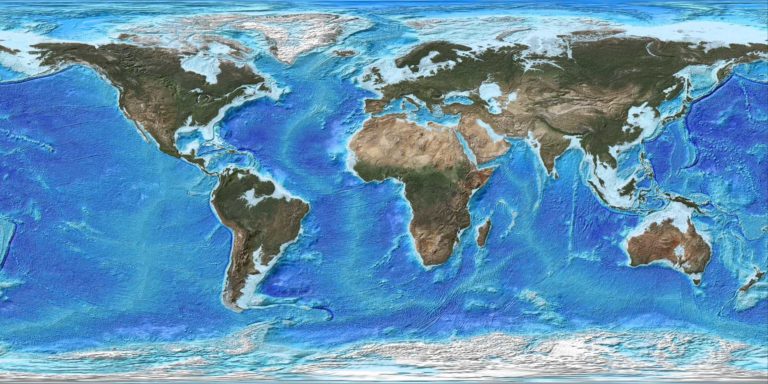
I’ve wavered between two opinions for the past few years. It has to do with the delicate place in which the human species finds itself. We perch, as it seems, on the razor’s edge of extinction by climate change phenomena we are causing. I am very much a fan of humanity and would like to see us thrive, prosper, and one day leap across the divide to other planets and colonize the galaxy. (I dream big; blame Isaac Asimov).
The first opinion I hold is that climate change itself is the greatest threat to our existence. Given the alarms being sounded by the planet’s scientists observing and measuring our global climate, this is not a particularly original or controversial opinion. Lucky for us humans, it is an imminently (though not easily, as it turns out) preventable disaster, a slow-motion train wreck with time still to stop it before impact.
Continue Reading Threatdown, Human Species Edition: Climate Change vs Religion





